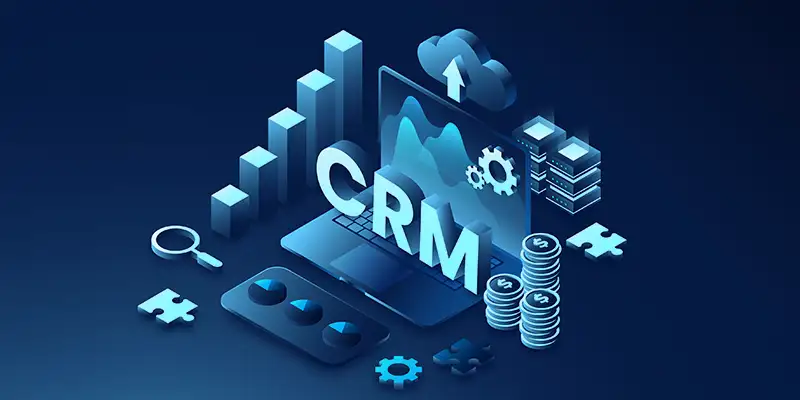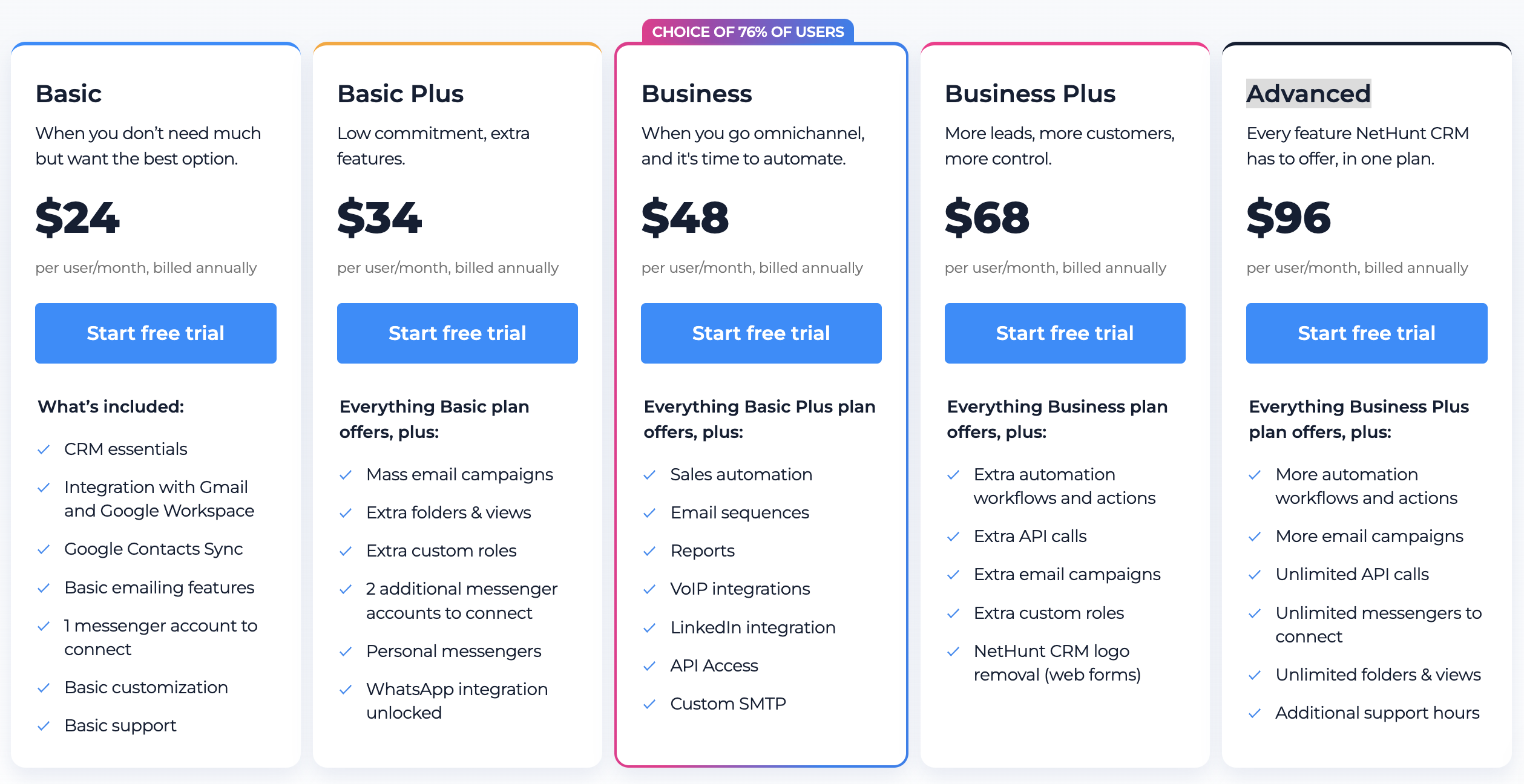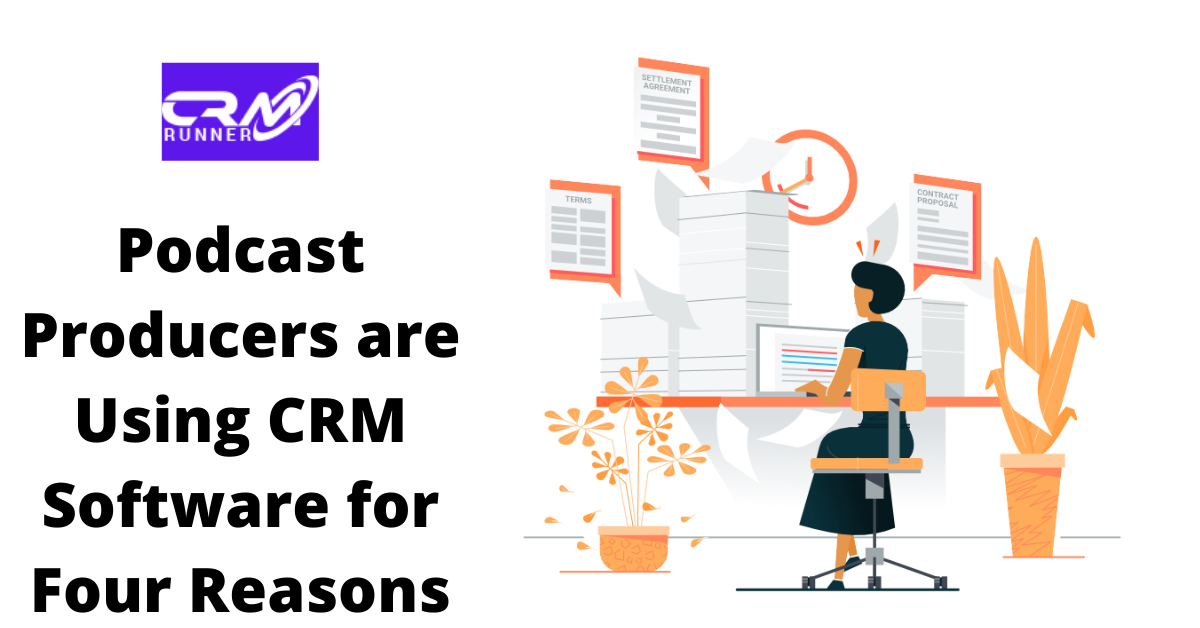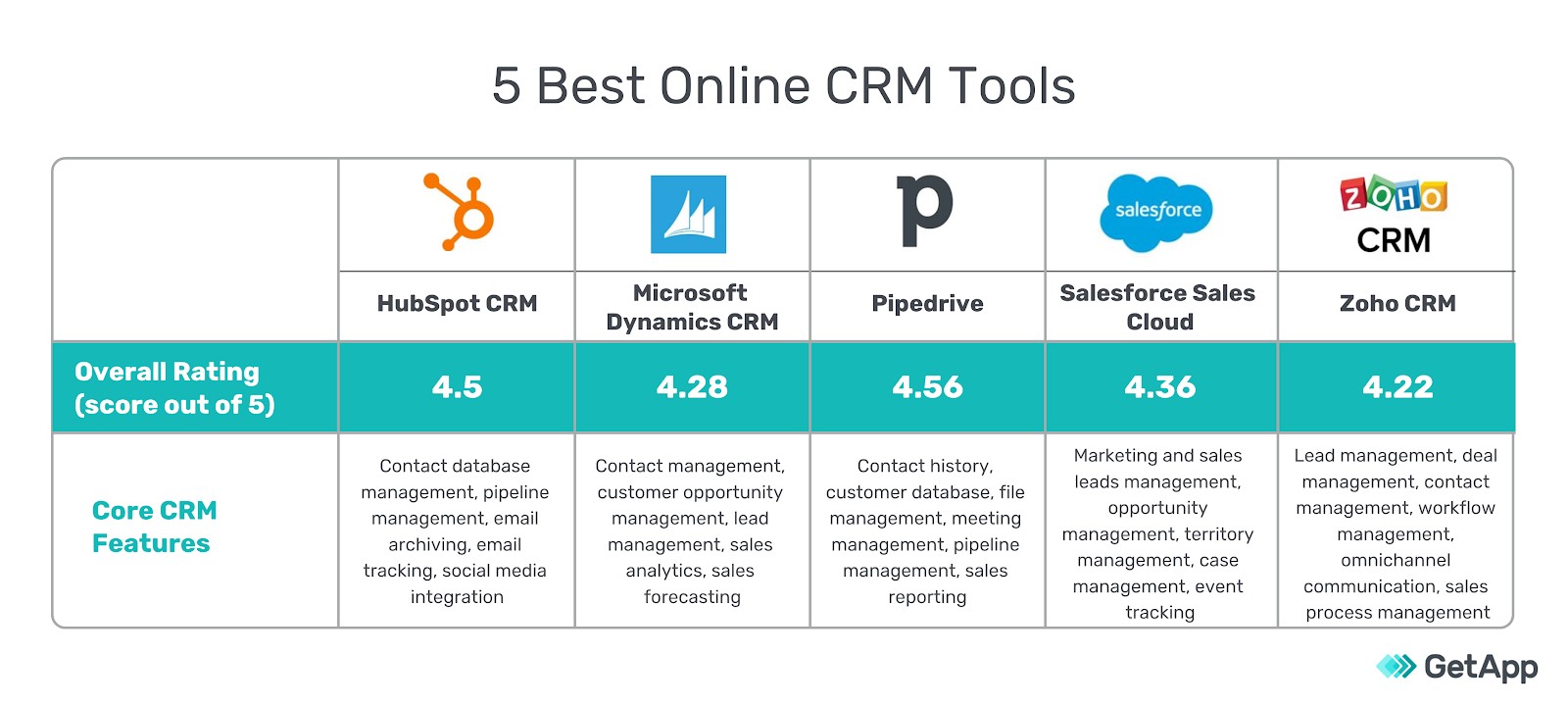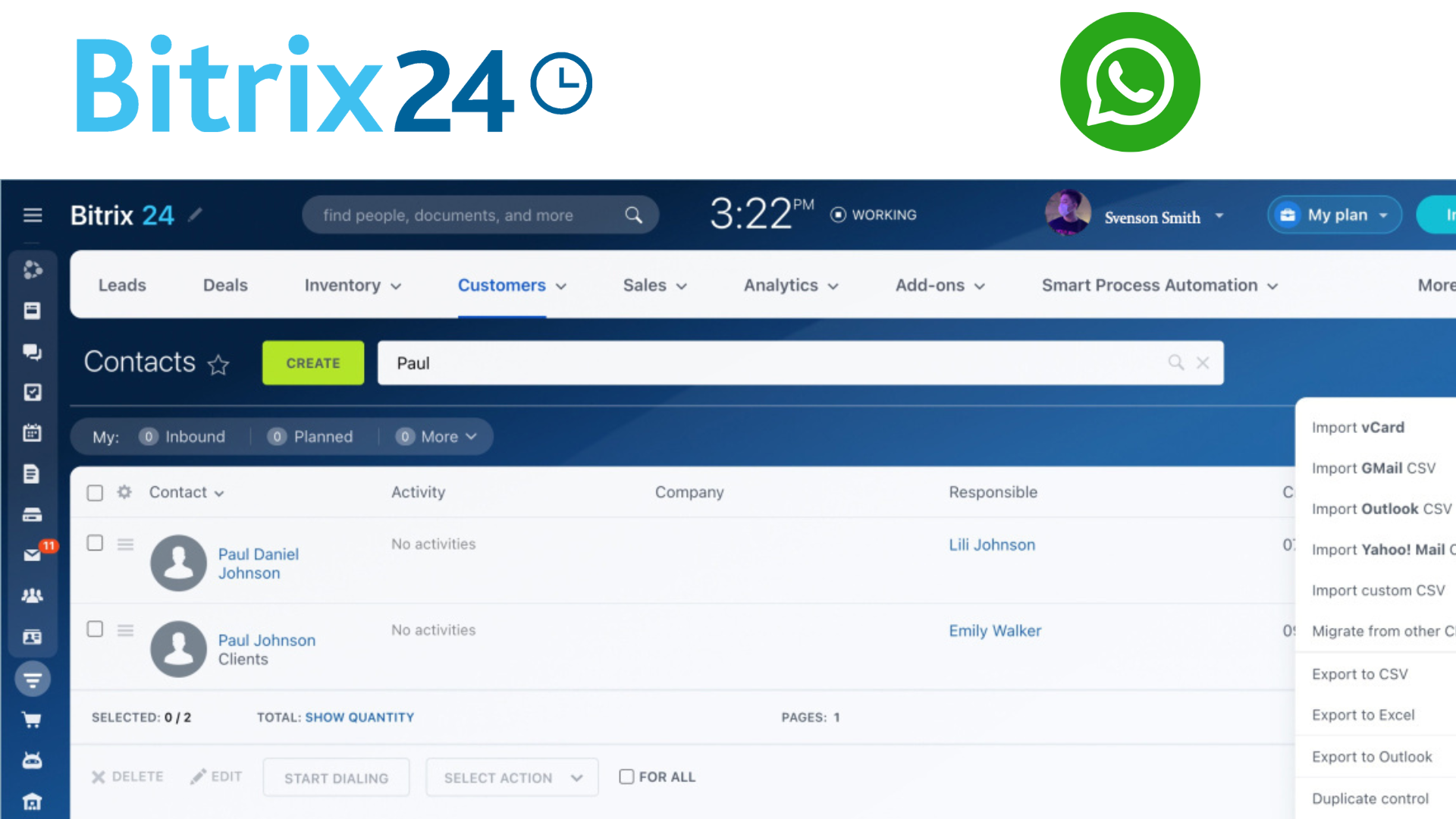CRM Marketing Insights 2025: Navigating the Future of Customer Relationships and Growth
CRM Marketing Insights 2025: Navigating the Future of Customer Relationships and Growth
The world of marketing is in constant flux. What worked yesterday might be obsolete tomorrow. And as we hurtle towards 2025, businesses need to be agile and informed to stay ahead of the curve. Central to this evolution is Customer Relationship Management (CRM). It’s no longer just about managing contacts; it’s about building lasting relationships, understanding customer behavior, and driving sustainable growth. This article delves deep into the CRM marketing insights that will shape 2025 and beyond, providing you with the knowledge to thrive in this dynamic landscape.
The Evolution of CRM: From Database to Dynamic Relationship Builder
To truly understand the future, we must first appreciate the past. CRM has evolved significantly over the years. Initially, CRM systems were primarily used as glorified databases – a place to store customer contact information. However, the function of CRM has since expanded. Today, CRM platforms are complex, integrated systems that touch every aspect of the customer journey. They facilitate sales, marketing, customer service, and even product development.
The shift has been from a transactional approach to a relational one. Businesses now recognize that customers are not just numbers; they are individuals with unique needs and preferences. CRM allows businesses to personalize interactions, anticipate needs, and build loyalty. This evolution has been fueled by technological advancements, including cloud computing, artificial intelligence (AI), and the increasing availability of data.
Key Milestones in CRM Evolution:
- Early Days (1980s-1990s): Focus on contact management and basic sales automation.
- The Rise of the Internet (1990s-2000s): Introduction of web-based CRM and the integration of email marketing.
- Social Media and Mobile (2000s-2010s): CRM systems integrated with social media platforms and mobile devices.
- The Era of AI and Big Data (2010s-Present): Advanced analytics, personalization, and predictive modeling become central to CRM strategies.
The Power of Data: Fueling the CRM Revolution
Data is the lifeblood of modern CRM. The ability to collect, analyze, and act upon customer data is what separates successful businesses from those that struggle. In 2025, the volume, velocity, and variety of data will continue to explode. This will create both opportunities and challenges for businesses.
The opportunities lie in the ability to gain deeper insights into customer behavior, preferences, and needs. By leveraging data analytics and AI, businesses can:
- Personalize marketing campaigns: Tailor messages, offers, and experiences to individual customers.
- Improve customer service: Provide faster, more efficient, and more personalized support.
- Predict customer churn: Identify customers at risk of leaving and take proactive measures to retain them.
- Optimize sales processes: Identify the most promising leads and prioritize sales efforts.
However, the challenges are significant. Businesses must address data privacy concerns, ensure data quality, and develop the skills and infrastructure needed to manage and analyze vast amounts of information. The rise of data privacy regulations, such as GDPR and CCPA, will continue to shape how businesses collect and use customer data.
Key Data-Driven Trends in CRM for 2025:
- Hyper-Personalization: Delivering highly tailored experiences based on individual customer preferences and behaviors.
- Predictive Analytics: Using AI to forecast customer behavior and anticipate future needs.
- Customer Journey Mapping: Visualizing and optimizing the entire customer journey, from initial contact to post-purchase support.
- Data Privacy and Security: Prioritizing data privacy and security to build trust with customers.
AI and Machine Learning: Transforming CRM Capabilities
Artificial intelligence (AI) and machine learning (ML) are no longer futuristic concepts; they are integral to modern CRM. AI-powered CRM systems can automate tasks, analyze data, and provide insights that would be impossible for humans to achieve on their own. In 2025, we can expect to see even greater integration of AI and ML into CRM platforms.
AI is being used to:
- Automate marketing tasks: Such as email marketing, social media posting, and lead generation.
- Personalize customer interactions: Through chatbots, virtual assistants, and personalized recommendations.
- Improve sales forecasting: By analyzing historical sales data and identifying patterns.
- Enhance customer service: By providing faster and more efficient support through AI-powered chatbots and knowledge bases.
Machine learning algorithms can analyze vast amounts of customer data to identify patterns, predict customer behavior, and personalize experiences. This can lead to significant improvements in customer satisfaction, sales, and revenue.
Examples of AI in CRM:
- Chatbots: Providing instant customer support and answering frequently asked questions.
- Predictive lead scoring: Identifying the most promising leads based on their likelihood to convert.
- Personalized product recommendations: Suggesting products that customers are likely to be interested in.
- Sentiment analysis: Analyzing customer feedback to understand their emotions and identify areas for improvement.
The Rise of Omnichannel Customer Experiences
Customers interact with businesses through a variety of channels, including email, social media, phone, and in-person. An omnichannel customer experience provides a seamless and consistent experience across all these channels. In 2025, omnichannel will be the standard, not the exception.
An omnichannel approach ensures that customers can easily switch between channels without losing context or having to repeat information. This requires integrating all customer touchpoints into a unified CRM system.
Key benefits of an omnichannel strategy include:
- Improved customer satisfaction: Providing a seamless and consistent experience across all channels.
- Increased customer loyalty: Building stronger relationships with customers.
- Higher conversion rates: Making it easier for customers to make purchases.
- Increased revenue: Driving sales and improving profitability.
Key Components of an Omnichannel CRM Strategy:
- Integrated CRM platform: A centralized system that connects all customer data and interactions.
- Consistent branding: Maintaining a consistent brand message and visual identity across all channels.
- Personalized experiences: Tailoring interactions to individual customer preferences and behaviors.
- Seamless handoffs: Ensuring that customers can easily switch between channels without losing context.
CRM and the Future of Sales: Empowering Sales Teams
CRM is not just for marketing; it’s also a powerful tool for sales teams. In 2025, CRM will play an even greater role in empowering sales professionals to close deals and build relationships with customers.
CRM systems can:
- Automate sales tasks: Such as lead generation, follow-up emails, and appointment scheduling.
- Provide sales insights: By tracking sales performance, identifying trends, and forecasting future sales.
- Improve sales productivity: By providing sales teams with the tools and information they need to be successful.
- Enable collaboration: Allowing sales teams to share information and work together more effectively.
The future of sales will be data-driven. Sales teams will rely on CRM systems to provide them with the insights they need to identify the most promising leads, personalize their sales pitches, and close deals. Sales representatives will become increasingly reliant on AI-powered tools that can automate tasks, provide insights, and help them build stronger relationships with customers.
Key Trends in Sales and CRM for 2025:
- Sales Automation: Automating repetitive sales tasks to free up sales reps’ time.
- AI-Powered Sales Assistants: Providing sales reps with insights and recommendations in real-time.
- Personalized Sales Experiences: Tailoring sales pitches to individual customer needs and preferences.
- Sales Analytics and Reporting: Tracking sales performance and identifying areas for improvement.
CRM and Customer Service: Building Lasting Relationships
Customer service is a critical component of the customer experience. In 2025, CRM will play a vital role in helping businesses provide exceptional customer service and build lasting relationships.
CRM systems can:
- Provide a 360-degree view of the customer: Allowing customer service representatives to see the customer’s entire history with the company.
- Automate customer service tasks: Such as routing inquiries, answering frequently asked questions, and resolving common issues.
- Personalize customer interactions: By tailoring interactions to individual customer needs and preferences.
- Improve customer satisfaction: By providing faster, more efficient, and more personalized support.
Customer service will become increasingly proactive. Businesses will use CRM data to anticipate customer needs and proactively offer assistance. AI-powered chatbots and virtual assistants will play a larger role in providing instant customer support.
Key Trends in Customer Service and CRM for 2025:
- Proactive Customer Service: Anticipating customer needs and offering assistance before they even ask.
- AI-Powered Chatbots and Virtual Assistants: Providing instant customer support and resolving common issues.
- Personalized Customer Service: Tailoring interactions to individual customer needs and preferences.
- Self-Service Portals: Empowering customers to find answers to their questions on their own.
The Role of Mobile CRM in 2025
Mobile devices have become an integral part of our lives, and this trend will only continue in 2025. Mobile CRM will be crucial for businesses that want to stay connected with their customers and empower their employees.
Mobile CRM allows sales teams, customer service representatives, and other employees to access customer data and manage their tasks from anywhere, at any time. This can lead to significant improvements in productivity, efficiency, and customer satisfaction.
Key benefits of mobile CRM include:
- Increased productivity: Employees can access customer data and manage their tasks from anywhere.
- Improved efficiency: Employees can respond to customer inquiries and resolve issues more quickly.
- Enhanced customer satisfaction: Customers can receive faster and more personalized support.
- Real-time data access: Employees can access the latest customer information, enabling informed decisions.
Key Features of Mobile CRM:
- Real-time access to customer data: Including contact information, purchase history, and support tickets.
- Mobile sales automation: Such as lead tracking, opportunity management, and quote generation.
- Mobile customer service: Including case management, knowledge base access, and chat support.
- Offline access: Allowing employees to access data and work on tasks even without an internet connection.
CRM and the Future of Marketing: Personalized and Data-Driven
Marketing is undergoing a significant transformation, and CRM is at the heart of this change. In 2025, marketing will be more personalized, data-driven, and customer-centric than ever before.
CRM systems will provide marketers with the data and insights they need to understand their customers, personalize their campaigns, and measure their results. Marketers will use AI and ML to automate tasks, personalize content, and optimize their campaigns for maximum impact.
Key trends in marketing and CRM for 2025 include:
- Hyper-personalization: Delivering highly tailored experiences based on individual customer preferences and behaviors.
- Predictive analytics: Using AI to forecast customer behavior and anticipate future needs.
- Customer journey mapping: Visualizing and optimizing the entire customer journey.
- Marketing automation: Automating repetitive marketing tasks to improve efficiency.
How CRM Powers Marketing in 2025:
- Segmentation: Dividing customers into groups based on their characteristics and behaviors.
- Personalization: Tailoring marketing messages and offers to individual customers.
- Campaign management: Planning, executing, and tracking marketing campaigns.
- Lead nurturing: Engaging leads and guiding them through the sales funnel.
CRM Implementation: Best Practices for Success in 2025
Implementing a CRM system can be a complex undertaking. Careful planning and execution are essential for success. Here are some best practices for implementing a CRM system in 2025:
- Define your goals and objectives: What do you want to achieve with your CRM system?
- Choose the right CRM system: Select a system that meets your specific needs and requirements.
- Plan your implementation: Develop a detailed implementation plan, including timelines and milestones.
- Clean and migrate your data: Ensure that your data is accurate and up-to-date.
- Train your employees: Provide adequate training to your employees on how to use the CRM system.
- Monitor and evaluate your results: Track your progress and make adjustments as needed.
- Prioritize Data Privacy and Security: Implement robust security measures to protect customer data.
- Foster User Adoption: Encourage employees to embrace the new system through ongoing support and training.
The Future is Now: Embracing CRM for Sustainable Growth
The insights discussed here paint a clear picture: CRM is no longer a luxury; it’s a necessity for businesses that want to thrive in 2025 and beyond. By embracing the power of data, AI, and omnichannel experiences, businesses can build stronger customer relationships, drive sales, and achieve sustainable growth.
The key takeaway is to be proactive. Don’t wait until 2025 to start implementing these strategies. Start today. Evaluate your current CRM capabilities, identify areas for improvement, and develop a plan to embrace the future of customer relationship management. The businesses that invest in CRM now will be the ones that lead the way in the years to come.
The journey toward 2025 is an exciting one. It’s a time of innovation, transformation, and unprecedented opportunity. Embrace the change, adapt to the evolving landscape, and position your business for success with a robust and forward-thinking CRM strategy.

